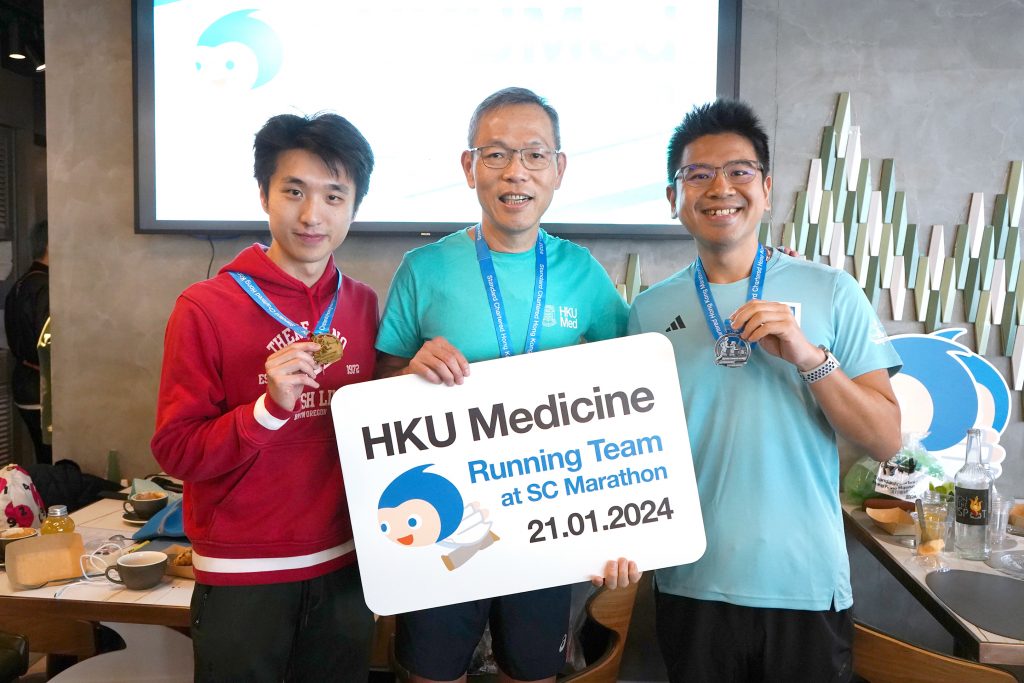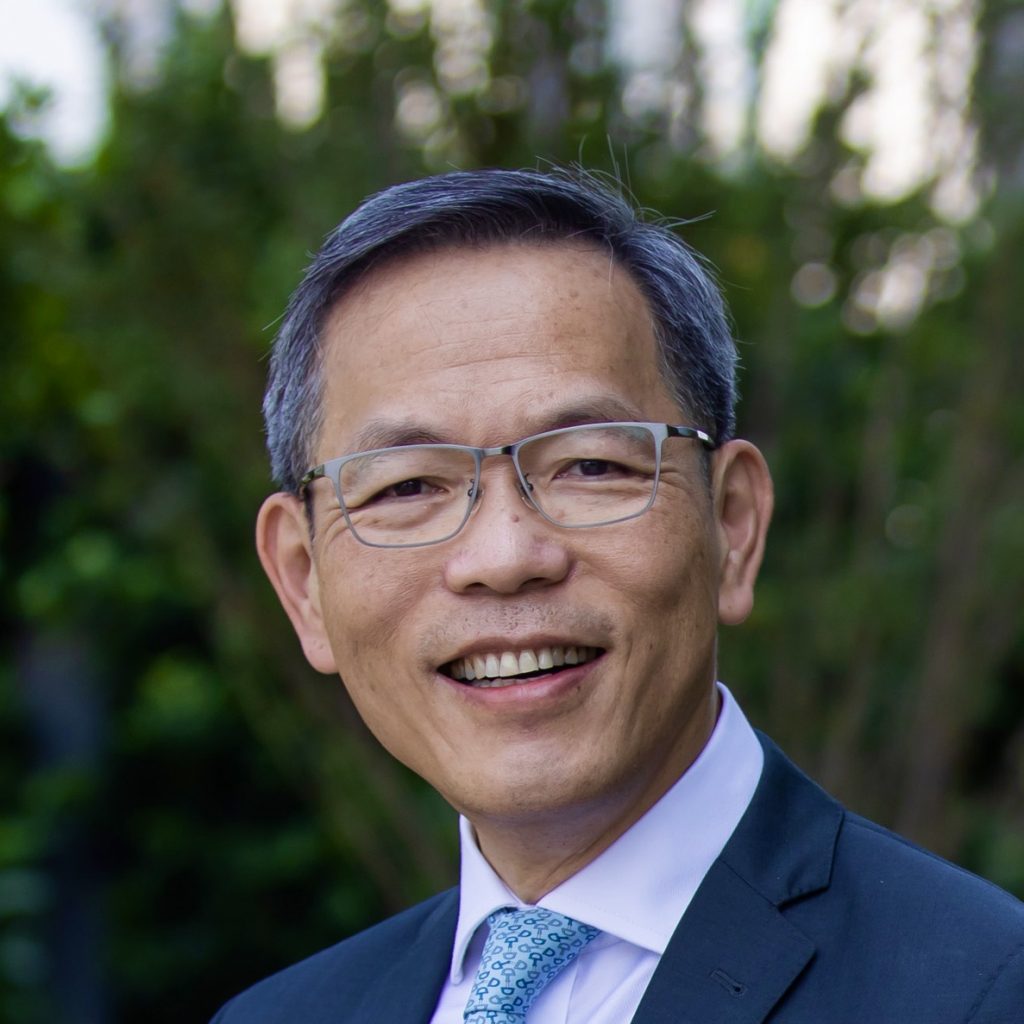May 2024 | Volume 25 No. 2
People First
Listen to this article:
When Professor Chak-sing Lau, Daniel C K Yu Professor in Rheumatology and Clinical Immunology, was a young doctor in the UK in the late 1980s deciding what to specialise in, he was steered towards the emerging field of rheumatology. It turned out to be a fortuitous move. Not only did it open up many opportunities for him, including a move back to Hong Kong in 1992 and a chance to establish the field here, but it provided a non-medical lesson that has influenced his approach to medicine ever since.
“Rheumatology was a very young subspecialty and there were few effective drugs back then. But even though we could not offer patients much in terms of treatments, by listening to them and empathising with them, we could still offer them support. I came to realise the importance of the patient-doctor rapport and the need to show care for patients,” he said.
That human touch is an overriding feature of the newly appointed dean’s vision for the Li Ka Shing Faculty of Medicine, which he has framed as ‘People First’.
The aim is to support the personal and social needs of staff and students, in addition to their professional and educational goals, with the expectation they will bring that understanding to patients. The Faculty could benefit, too – Professor Lau believes that offering people more than material rewards can contribute to higher morale and retention.
“When people are happy, they feel confident in the future and want to continue to contribute to the work of the Faculty. Gaining trust takes time, but I think our ‘People First’ initiative has been palpated and felt by colleagues,” he said.
Building rapport
The initiative has several parts. One is a broad focus on well-being and quality of life. There is already a wellness office for undergraduate students and he hopes to offer such service to others in the Faculty, including mature postgraduate students and all staff ranging from caretakers to the professoriate.
Getting students to take charge of their learning comes under that umbrella, too. Students are being recruited to mentor their younger counterparts and help develop the curriculum, especially when it comes to the use of new technologies. “Young people know more about some of these advanced technologies than we teachers do, and they learn in a different way than how I learnt. We should therefore not be the ones solely determining what they learn and how they learn. Student participation is important,” Professor Lau said.
There is also a societal element to ‘People First’ through the promotion of family medicine. “All over the world, over the last few decades, medicine has become too highly specialised. While it is good to have people with a lot of expertise, we tend to forget about the more common conditions and the need for rapport-building between patients and doctors. Therefore, we have to bring the pendulum back and emphasise family medicine training and service provision,” he said.
Even research is getting the people touch. The Research Mixer series has been organised with staff from different disciplines, who meet over lunch for informal discussions. Already, this has led to the formation of a framework on big data collaboration. “No man is an island, we have to work with each other and only with that, will we prosper,” Professor Lau said. Researchers are also being paired with industry partners who are willing to invest in HKUMed research through a new technology transfer unit in the Faculty.
Position of strength
To further boost collaborations and interactions, the Faculty is restructuring and rebuilding. All clinical departments were brought under one umbrella, the School of Clinical Medicine, in 2022 and construction will soon get underway on land next to Sassoon Road to provide even more space for working together (this is in addition to several other projects to expand the Faculty’s footprint).
These activities are proceeding from a position of strength. The Faculty rose to global prominence during the COVID-19 pandemic and recently had 31 scholars named to the Clarivate Highly Cited Researchers 2023 list. Last autumn, it also received glowing praise in major review exercises by the Faculty Review Board and the Medical Council of Hong Kong.
As Professor Lau stays focussed on the well-being of others, he is also adapting his own self-care. He used to run marathons but has reduced to shorter-distance and leisure jogs. Fortunately, he does not get caught up in regrets or negative feelings. “I am the sort of person who is forgetful, so unhappy things don’t last very long in my head. That keeps me going, as does our staff who work very hard, showing love for the Faculty and being very kind to me. That’s already good enough therapy for me,” he said.

Professor Lau (centre) was part of the HKUMed Marathon Team, an enthusiastic group of 300 runners, that took part in the Standard Chartered Hong Kong Marathon 2024.
When people are happy, they feel confident in the future and want to continue to contribute to the work of the Faculty.

Professor Chak-sing Lau

